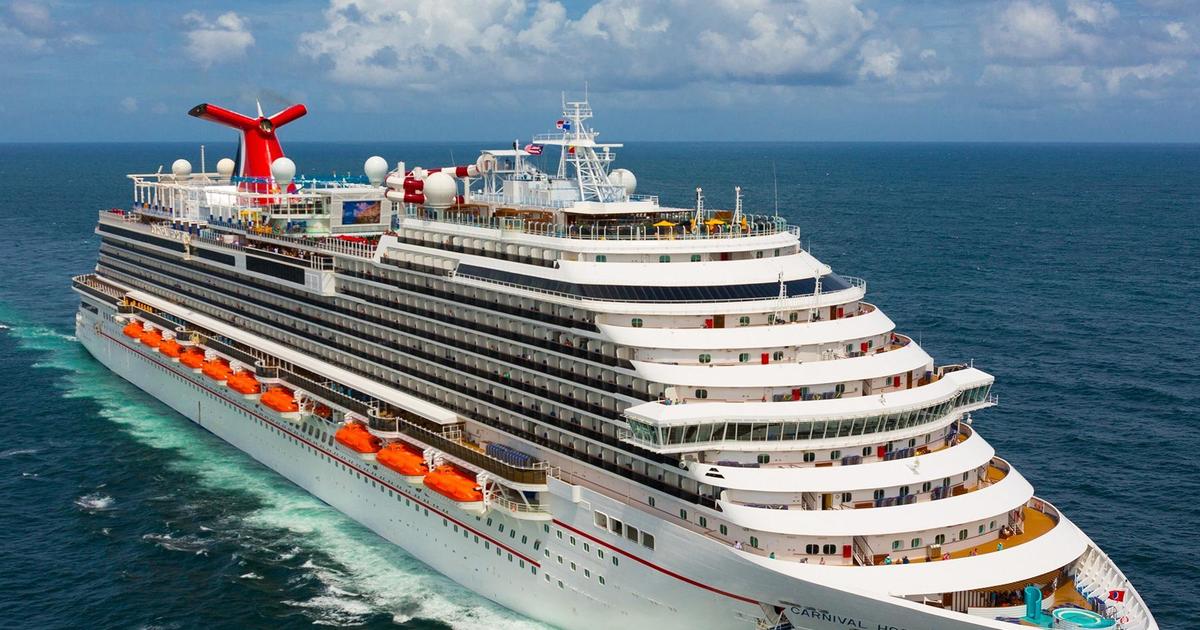The escalating conflict in the Red Sea has prompted Carnival to reroute 12 ships across seven brands that were initially set to cruise through the region in May. This decision reflects the growing concerns surrounding the safety of travel through the Red Sea due to ongoing attacks by Houthi militants. Carnival made this strategic decision after consulting with security experts and government authorities, prioritizing the safety of its passengers and crew members. Despite the rerouting of cruises, Carnival has reported no significant impact on booking trends and has observed a surge in booking volumes since November 2024.
Financial Implications and Industry Response
As a result of the decision to avoid the Red Sea, Carnival anticipates a financial impact on its 2024 earnings, estimating a reduction of seven to eight cents per share, with the majority of the financial repercussions expected in the second quarter. This development comes after Royal Caribbean also opted to cancel two voyages in the Red Sea due to security concerns arising from the attacks.
Beyond the cruise industry, several energy and shipping companies have halted traffic through the Red Sea following missile and drone strikes on ships and oil tankers linked to the Houthi-controlled areas. The attacks have led to significant disruptions, prompting BP to suspend oil shipments and resulting in warnings of potential product shortages by companies such as Ikea. These developments have also contributed to fluctuations in oil prices in recent weeks, underscoring the broader impact of the conflict on global trade and commerce.
Military Response and Potential Economic Ramifications
The Houthi attacks have not gone unnoticed by military forces, as the U.S. military has initiated
airstrikes against the militant group in response to their aggressive actions targeting commercial ships. This military escalation has raised concerns about the potential for an extended conflict in the region, with experts highlighting the likelihood of heightened shipping costs. Despite these developments, the current situation is not expected to significantly alter the global inflation outlook. However, EY senior economist Lydia Boussour has cautioned that a prolonged conflict with sustained high shipping costs throughout 2024 could potentially contribute to a 0.7 percentage point increase in global inflation this year.
Conclusion
The evolving situation in the Red Sea underscores the far-reaching implications of geopolitical conflicts on various sectors, including the cruise industry, energy, and global trade. As companies like Carnival and Royal Caribbean adapt their itineraries in response to security concerns, the importance of prioritizing passenger safety and operational resilience remains paramount. With ongoing military operations and the potential for economic ramifications, stakeholders across industries are closely monitoring developments in the Red Sea and the broader implications for global trade and commerce.
Find out more about our sources here.


